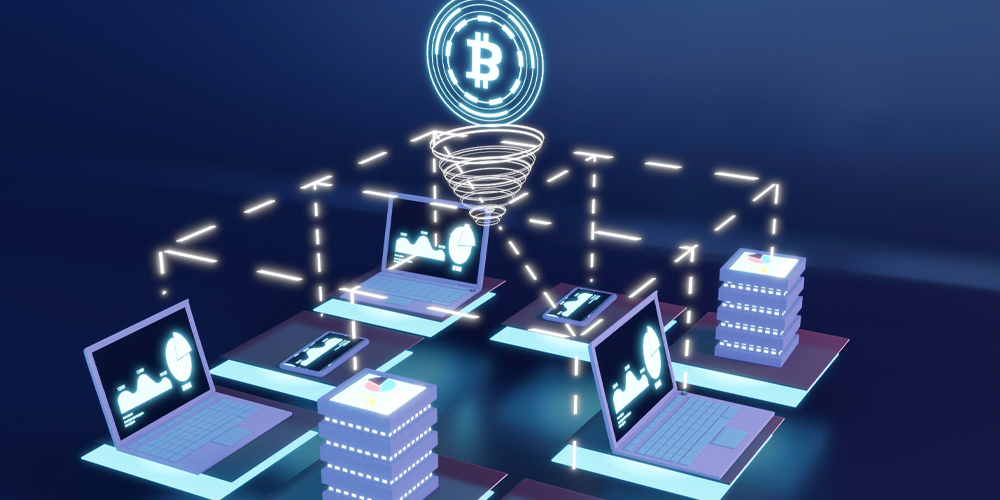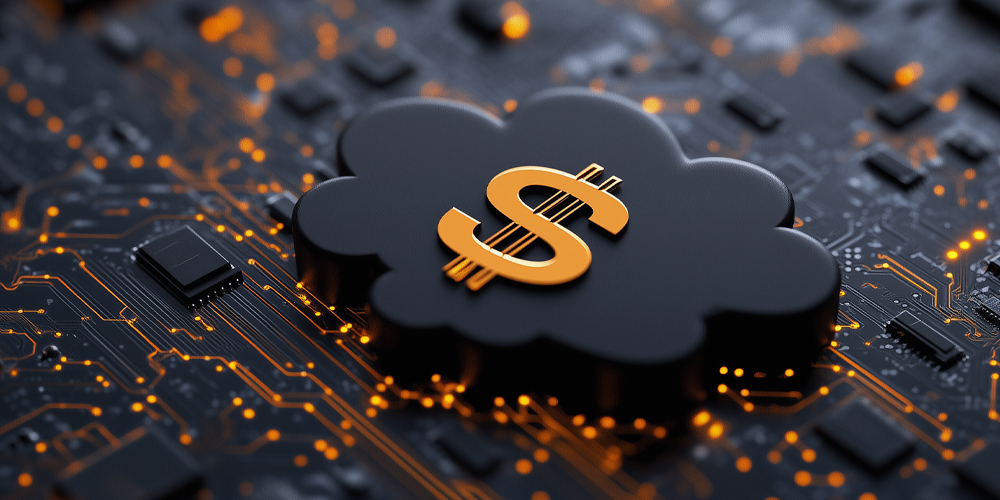Exploring Blockchain Beyond Cryptocurrency and Into Everyday Applications
Blockchain technology has gained significant attention, primarily due to its association with cryptocurrency. However, its potential extends far beyond digital currencies. In this article, we will explore various everyday applications of blockchain and illustrate how it can transform multiple sectors.
Understanding Blockchain Technology
To begin with, blockchain operates as a decentralized, distributed ledger that records transactions across many computers. This design ensures that records remain unaltered, thereby promoting security and transparency. Each block contains several transactions, and once filled, it is added to the chain in a linear, chronological order.
Key Features of Blockchain
- Decentralization: Unlike traditional databases, blockchain functions on a peer-to-peer network. As a result, this structure minimizes the risk of a single point of failure.
- Immutability: Once data records exist, they cannot be changed. Consequently, this feature is crucial for maintaining accurate records.
- Transparency: All transactions remain visible to participants, which fosters trust among users.
Everyday Applications of Blockchain
Supply Chain Management
In supply chain management, blockchain significantly enhances transparency and efficiency. For instance, companies can track the movement of goods from manufacturers to consumers by utilizing blockchain. Each transaction gets recorded, providing a clear history of the product’s journey. Therefore, this tracking helps reduce fraud and errors.
Healthcare Records
Another promising application lies in healthcare. Blockchain securely stores patient records, allowing authorized personnel easy access. In addition, patients gain more control over their data. Furthermore, interoperability between different healthcare providers can lead to improved patient outcomes.

Real Estate Transactions
The real estate sector can also benefit from blockchain by simplifying property transactions. For example, smart contracts automate ownership transfers, which reduces the need for intermediaries. This automation not only speeds up the process but also lowers costs associated with buying and selling properties.
Voting Systems
Voting systems can improve through blockchain technology. By using a secure and transparent system, election integrity remains intact. Additionally, voters could cast their votes from anywhere, thus enhancing accessibility and participation.
Identity Verification
Identity verification is crucial in today’s digital world. Blockchain offers a secure way to manage personal identities. As a result, this decentralized system allows users to control their data, thereby reducing the risk of identity theft.
Financial Services Beyond Cryptocurrency
Cross-Border Payments
Cross-border payments often face delays and high costs. However, blockchain can streamline this process, making transactions faster and more affordable. With a decentralized system, banks can transact without relying on traditional intermediaries.
Peer-to-Peer Lending
Peer-to-peer lending platforms can leverage blockchain to build trust between borrowers and lenders. By employing smart contracts, terms get automatically enforced. Consequently, this approach reduces the need for intermediaries while enhancing trust.
Insurance Claims Processing
The insurance industry can utilize blockchain to improve claims processing. For instance, by automating this process with smart contracts, claims can settle faster. Moreover, this approach enhances transparency, making it easier to identify fraudulent claims.

Enhancing Digital Security
Cybersecurity
In the realm of cybersecurity, blockchain provides a robust framework. By decentralizing data storage, this technology reduces the risk of large-scale hacks. Consequently, data integrity remains secure due to its immutable nature.
Data Privacy
Data privacy is becoming increasingly important. Blockchain allows users to manage their data securely. Individuals can grant access to specific data without losing control, thereby enhancing privacy.
Conclusion
In conclusion, the potential applications of blockchain technology are vast. From enhancing supply chain transparency to improving voting systems, its versatility becomes evident. As more industries explore these benefits, the promise of a more secure and efficient future becomes attainable. Embracing blockchain could lead to innovative solutions that transform everyday life.
In summary, blockchain transcends cryptocurrency. Its implications touch various sectors, paving the way for a more connected and transparent world. The future of blockchain holds immense possibilities, and its impact will likely be felt in many aspects of our daily lives.




